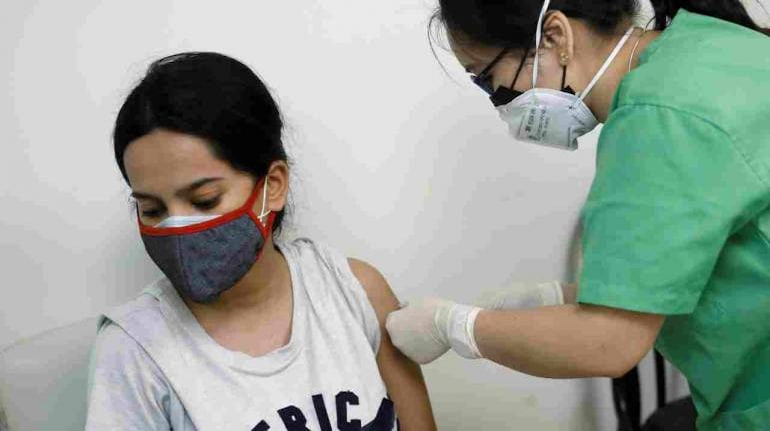



Amid reports about Pfizer and Moderna demanding indemnity as a pre-condition to enter into supply contracts with India, and local manufacturer Serum Institute of India (SII) also seeking the same, the government said it was considering the requests, and is yet to take a decision.
Legal and public health experts are calling the government to be more transparent on such arrangements, and develop a mechanism for compensation for vaccine related injury and death; in case the government decides to provide indemnity. They also demand strengthening of adverse event following immunisation (AEFI) reporting and investigations.
Here is an explainer on what indemnity is, why vaccine manufacturers are demanding it in supply contracts, and what are its implication on the public.What is indemnity?The indemnity will protect manufacturers from any potential civil-legal liability or immunity from being sued by people for any unforeseen complications arising from their COVID-19 vaccine. The reason why manufacturers are demanding indemnity is because the vaccines were developed at record speed and were approved for emergency use, so they took a huge risk in response to pandemic. There could possibly be potential unknown side-effects. So vaccine makers are demanding that governments should support them by providing them indemnity. For instance Pfizer enjoys such immunity in the US, UK and most other countries where it is supplying COVID-19 vaccines.
What is the recourse of those impacted adversely by COVID-19 vaccines, in case government allows indemnity?
Experts say, indemnity doesn't stop people from suing the manufacturer, if they suffer from a grave injury, disability and death linked to the vaccine.
"Indemnity is only a contractual arrangement between the vaccine manufacturer and the government will be privy. General public has nothing to do with this contract," said Ritika Ganju, Partner, Phoenix Legal.
"It will not stop people from suing the manufacturer, their liability under the legislation will be intact. It is just that they can recover the losses contractually from the government," Ganju added.
Compensation mechanismPublic health activists say the government should create a compensation mechanism on the lines of countries like the UK. The UK has a Vaccine Damage Payments Scheme, which authorises one-time tax free payments of £120,000 for individuals who have been disabled in the rare case that a vaccine produces highly damaging side effects.
"If the government does grant immunity,..there will be a shift of liability to the government. And now how that exactly is going to operate for us is going to be important. What kind of recourse available in case of injury or death. Will they be setting up a compensation mechanism? Right now there is no compensation mechanism available for COVID-19 vaccine linked serious adverse events or for that matter any vaccine," said Malini Aisola, Co-Convenor, All India Drugs Action Network (AIDAN).
Aisola also added that the public is entitled to the terms of indemnity..
"Pfizer we know has asked other countries to indemnify against the acts of fraud or negligence or mismanagement," she said.
Do COVAX vaccines need indemnification?
The COVAX members will have to provide indemnification and no-fault compensation in the interest of faster vaccine availability, which means that governments agree that distributing entities like COVAX, along with vaccine manufacturers, will not be held liable for unexpected adverse events.
COVAX and the WHO have crafted indemnification agreements for countries considered Advanced Marketing Commitment Participants, or those who will be receiving donated vaccines. Moneycontrol learns that India got an exemption from COVAX from providing indemnification even as it procured Covishield vaccines from the global facility.
Discover the latest Business News, Sensex, and Nifty updates. Obtain Personal Finance insights, tax queries, and expert opinions on Moneycontrol or download the Moneycontrol App to stay updated!
Find the best of Al News in one place, specially curated for you every weekend.
Stay on top of the latest tech trends and biggest startup news.